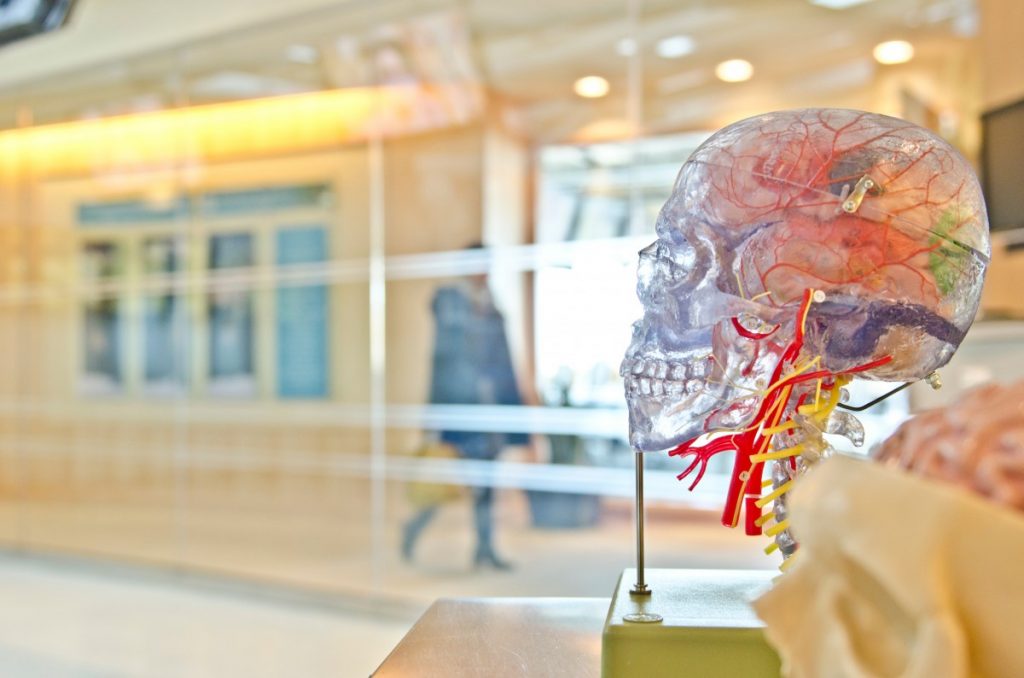There are so many misconceptions about antisocial personality disorder as they are confused with sociopathy or psychopathy. “A person with antisocial personality disorder (ASPD) often feels little or no empathy toward other people, and doesn’t see the problem in bending or breaking the law for their own needs or wants. The disorder usually begins in childhood or as a teen and continues into a person’s adult life,” says Steve Bressert, Ph.D.
Discrimination

People with this disorder sometimes suffer from discrimination because of their failure to conform to the social norms such as doing illegal drugs, getting into fights, and could even go as far as murder. They are deceitful, lying to manipulate someone for self-gain or only just because of boredom. Chronic boredom is the worst symptom that people with antisocial personality disorder can have because they will do anything just to relieve the tension of that boredom. It’s no ordinary boredom that ordinary people feel, but boredom that makes them end up doing things like harming themselves or doing illegal activities, wild sex, or reckless driving. They do impulsive things, becoming wild and thoughtless that they disregard safety, both for themselves and for others. And when they hurt someone, they lack remorse for their wrongdoings. They can acknowledge it, but they don’t care at all. This is called cognitive empathy, and the issue is the lack of emotional empathy.
Brain Anatomy

The attitude of individuals with ASPD as described above can be attributed to their environment, genes, and their different brain structure. “Researchers believe that genetics plays some role, as having a parent with the disorder puts one more at risk. Research on adopted children of parents with the disorder indicates that environment may also be a factor, such as when children receive poor discipline, have negative role models, or are not taught to respect the rights of others. Children of an alcoholic parent are also at increased risk.” says Kathleen Smith, PhD, LPC.
With the many research studies done with the use of brain imaging, researchers found some structural abnormalities in patients’ brains. The part that governs planning and judgment appears to be different. There are changes in their brain structure that bring about violent behaviors, and that being said, persons with ASPD have difficulty controlling their impulses, which may justify their propensity towards more aggressive behavior.
Non-Medication Based Interventions

A person cannot be fully diagnosed with ASPD until he reaches 18 years of age, and once diagnosed, it is expected to be a lifelong pattern. It can’t be prevented, but it is possible that improvement in the environment may reduce the severity of the problems caused by the symptoms, especially if it is done in the early stages of life.
There is no exact treatment for people with antisocial personality disorder up to this day, but there are some therapeutic interventions to prevent it from worsening.
“Patients with antisocial personality disorder (APD) have traditionally been considered difficult to treat, or even untreatable, with psychotherapy. Recent clinical and research developments, however, have begun to change this view,” said Michael Maniacci PsyD. No one treatment or intervention fits all cases so that it will depend on the person’s specific circumstances.
Family or group psychotherapy can be done for the younger people. It can help change the destructive patterns of behavior, teach them vocational and relationship skills, and strengthen social support.
Psychotherapy teaches the youngsters how to be sensitive to the feelings of others and encourages them to have productive ways of thinking so they may have goals and be inspired to reach them when they feel that they are socially accepted.
Cognitive therapy aims to change their ways of thinking.
Behavior therapy utilizes the reward and punishment system to encourage good behavior.
Person-centered therapy uses an empathic approach to motivate and empower the person with ASPD to go through a therapeutic process. The therapist listens to him without being judgmental and recognizes his understanding without shifting the conversation in another direction. It is a process of self-discovery to help him build healthy interpersonal relationships.
Anger management programs, according to American Psychological Association, can help identify the link between emotional states and behaviors by teaching consequences of actions. It targets reducing violent acts to prevent them from hurting others and violating others’ rights. It can also make the person realize that he has a role in contributing to the society effectively and there are proper ways to do it rather than being a nuisance by committing criminal acts.
Medications
There are cases where they use drugs to treat the symptoms, but then again, no specific medicines fit all persons with the disorder. There are medications like SSRIs or selective serotonin reuptake inhibitors (Prozac and Zoloft) which may help reduce irritability and aggressiveness. It is said to be useful in the presence of anxiety or depression.
I think none of these interventions will be helpful unless the person with ASD himself recognizes that he has a problem. Treatment will have a higher percentage of success if it can be done in the earlier stage so early diagnosis is of importance.
For those who are already in jail, it would be better if the system provides an opportunity for them to receive the same kind of treatment or rehabilitation to lessen the promotion of antisocial behavior.
People with low functioning ASD rarely recognize that they have a problem that needs treatment. When you know of someone, a family member or a friend, with the pattern of antisocial behavior, it would be best to encourage them to seek proper diagnosis and treatment. This way you can help him reduce his symptoms and over time might help him avoid hurting others seriously or committing crimes.